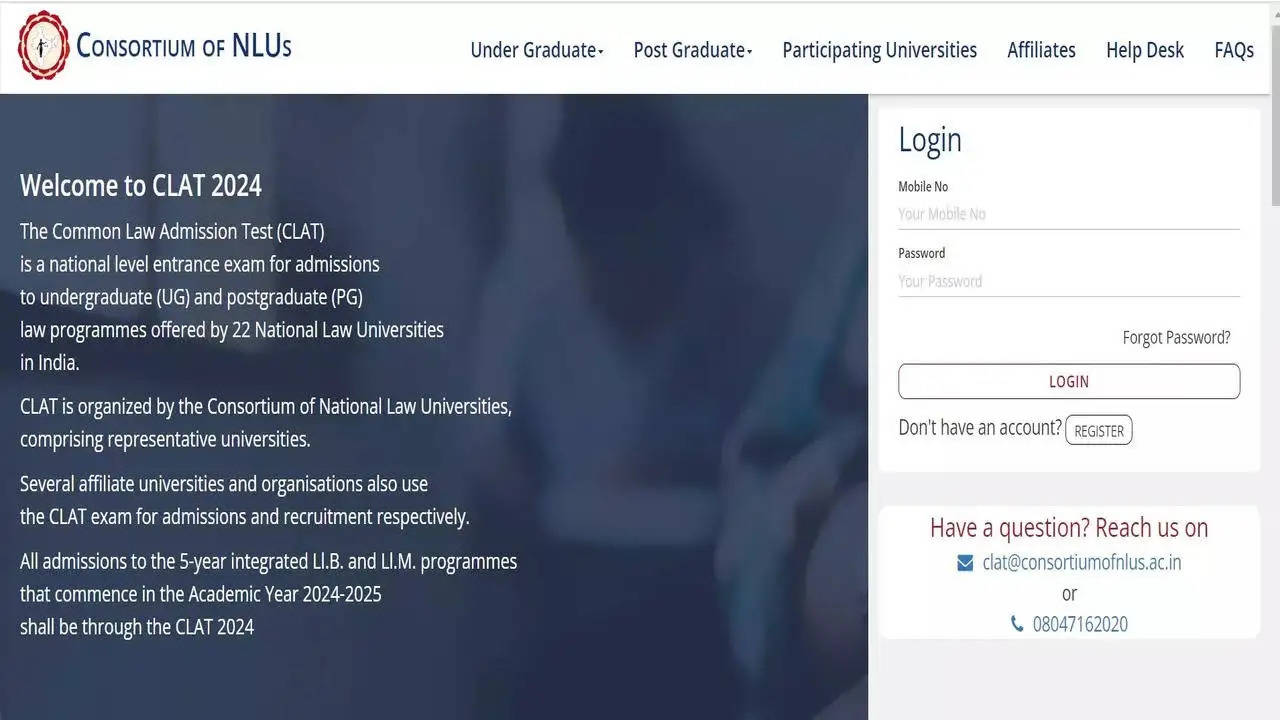Beyond Law Practice: Exploring Non-Traditional Careers After Law School
The landscape of careers is constantly evolving, and clearing the Common Law Admission Test (CLAT) now opens up a plethora of new-age career options beyond traditional legal paths. Here are some exciting avenues shared by Amitendra Kumar, Assistant Vice President at Career Launcher, that are redefining legal career prospects:

The landscape of careers is constantly evolving, and clearing the Common Law Admission Test (CLAT) now opens up a plethora of new-age career options beyond traditional legal paths. Here are some exciting avenues shared by Amitendra Kumar, Assistant Vice President at Career Launcher, that are redefining legal career prospects:

1. Legal Tech Entrepreneurship: In the digital era, individuals with a legal background can utilize their knowledge to innovate solutions for the legal sector. Launching a legal tech startup offers opportunities to develop software, apps, or platforms that streamline legal processes, provide online dispute resolution, or offer accessible legal information.
2. Legal Journalism and Content Creation: The demand for legal-related content is on the rise, making it a promising avenue for proficient legal students or lawyers with writing skills. They can contribute to legal publications, informative blogs, or even start their own legal video content channels on platforms like YouTube or Instagram. This allows professionals to share expertise and contribute to public understanding of legal issues.
3. Intellectual Property (IP) Rights Consulting: As the importance of protecting intellectual property grows, professionals well-versed in IP laws can pursue consulting careers. They advise businesses on safeguarding intellectual assets, navigating patent processes, and ensuring compliance with copyright laws across industries.
4. Corporate Compliance: With increasing corporate audits and accountability, there's a rising demand for legal experts in corporate compliance and governance. These professionals assist companies in adhering to regulatory frameworks, contract negotiations, drafting legislative documents, and providing legal guidance to senior executives, ensuring transparency and accountability within organizations.
5. Alternative Dispute Resolution (ADR): In addition to traditional litigation, ADR mechanisms like arbitration and mediation are gaining traction. Law graduates can specialize in this field, offering faster and more flexible approaches to resolving legal conflicts outside the courtroom. This is particularly relevant given the increasing burden on the judicial system.
Embracing innovation, staying updated about industry trends, and exploring new career possibilities are key to navigating the evolving landscape of careers after clearing CLAT. As the demand for legal professionals grows, thinking beyond traditional roles opens up exciting possibilities beyond courtroom battles.
